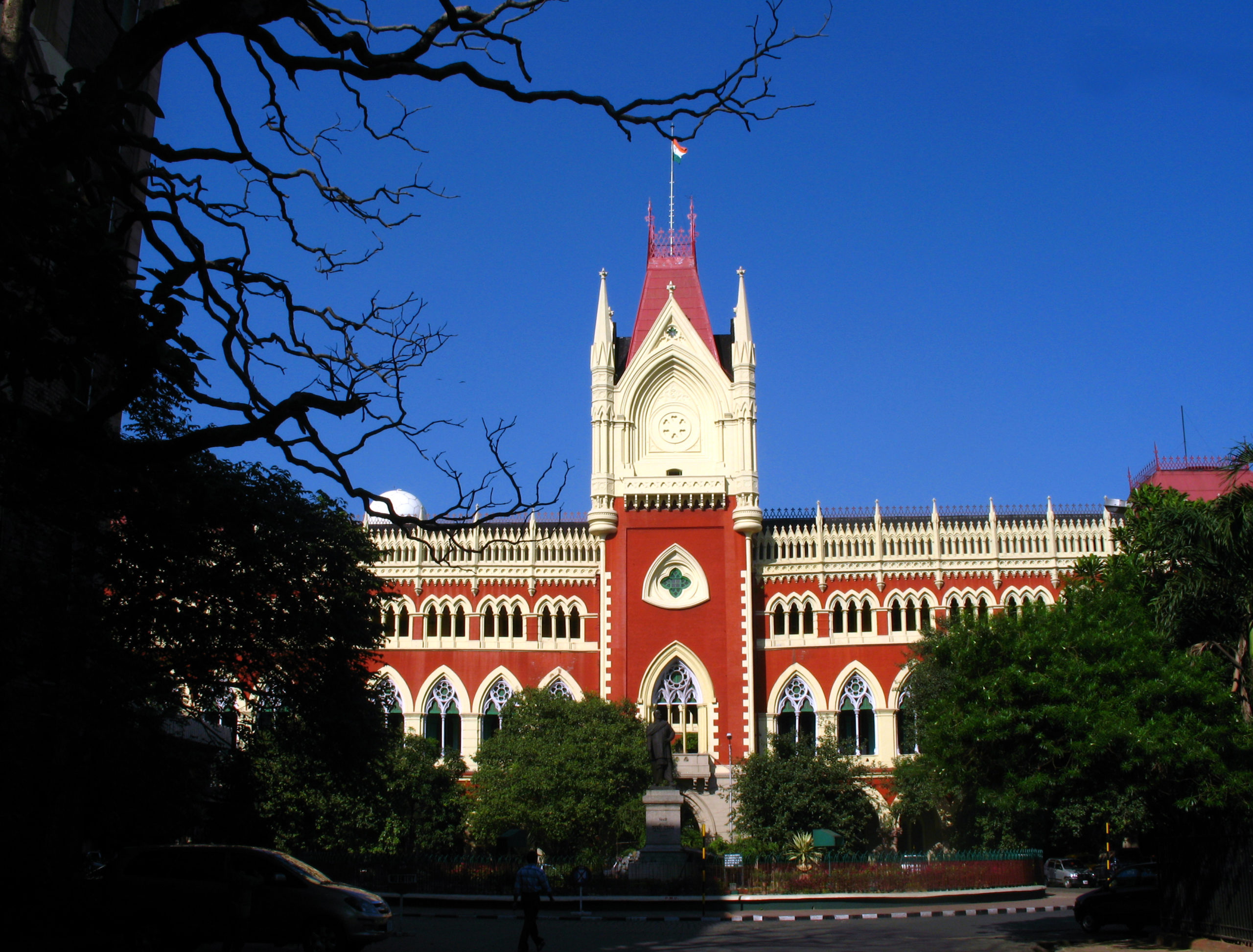LI Network
Published on: 01 October 2023 at 12:41 IST
The case involved the National Jute Manufactures Corporation Limited (NJMC) forfeiting the pre-bid earnest money deposited by the petitioner in response to a call for e-auction. The petitioner sought a refund of the earnest money and challenged the forfeiture.
Justice Moushumi Bhattacharya, in allowing the petitioner’s plea for a refund, emphasized that NJMC must prove actual loss or damage resulting from the petitioner’s refusal to proceed with the auction.
The estimation of damages provided by NJMC was found to be inflated, exaggerated, unreasonable, and lacked a basis for computation.
The court noted that NJMC was seeking an unwarranted windfall at the petitioner’s expense, and its actions were discriminatory and contrary to principles of equality and fair play.
The petitioner had deposited a substantial amount in response to an e-auction for movable assets and subsequently sought clarifications from NJMC regarding asset demarcation and material removal, which were not provided. The petitioner, concerned about further liabilities, refused to accept NJMC’s offer to proceed with the auction.
The central dispute centered on a clause in the e-auction catalog’s terms and conditions, which allowed for the forfeiture of earnest money if a bidder failed to fulfill the auction’s terms and conditions.
The court held that the forfeiture clause was unconscionable and contrary to principles of equity and natural justice.
It emphasized that fairness was particularly important when one contracting party was a government entity, and the other party had unequal bargaining power.
The court also noted that forfeiture of earnest money could only occur after giving the opposite party an opportunity to show cause, in line with principles of natural justice.
Regarding the assessment of damages, the court ruled that damages under Section 73 of the Indian Contract Act should arise naturally from a breach of contractual terms and be direct and foreseeable. NJMC failed to provide reasonable evidence of damages, and its claims were characterized as speculative and remote “guesstimates.”
In conclusion, the court directed NJMC to quash its order withholding the petitioner’s pre-bid earnest money and to refund it within three weeks of the judgment.
Case: Sushil Kumar Thard V. National Jute Manufactures Corporation Limited & Ors.

